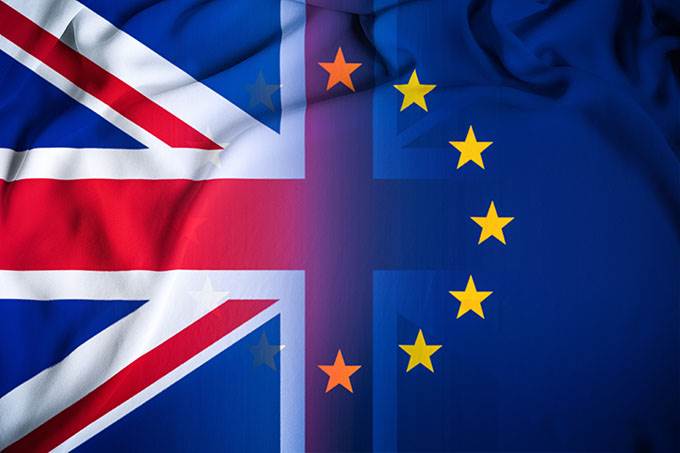 The December meeting of the Bank of England’s Monetary Policy Committee (MPC) ought to be Mark Carney’s penultimate as Governor of the Bank of England, but seeing as the next one is scheduled for 30th January 2020, the day before he steps down, perhaps this one was his last.
The December meeting of the Bank of England’s Monetary Policy Committee (MPC) ought to be Mark Carney’s penultimate as Governor of the Bank of England, but seeing as the next one is scheduled for 30th January 2020, the day before he steps down, perhaps this one was his last.
In any event, the nine members of the MPC decided that the interest rate that the Bank of England charges for loans to banks should remain on hold at 0.75%. The decision was not unanimous, but passed on a 7:2 majority. The MPC unanimously agreed it would continue to purchase £10 billion of non-financial investment-grade corporate bond purchases (a quantitative easing mechanism) and to maintain the stock of UK government bond purchases at £435 billion.
The Bank’s Brexit assumption is that there will be “an orderly transition to a deep free trade agreement between the UK and the EU”, on this basis, it expects growth to pick up from current weak levels, somewhat. Partially, this will be because uncertainty has been removed from the Brexit situation in that it will happen, but plenty of scope remains for uncertainty over the details and the practicality of Mr Johnson’s refusal to contemplate any extension to the transitional period. The Bank’s Bullishness is further predicated on a modest recovery in global growth and softer UK fiscal policy.
The Bank noted that Q3 GDP for 2019 came in at 0.3% and is predicting that the current quarter will only produce “marginal” growth.
The government has just made the formal announcement that Mark Carney’s successor as Governor of the Bank of England will be Andrew Bailey. Mr Bailey is currently working as the chief of the Financial Conduct Agency. His tenure is set to begin on the very day that the UK is expected to depart from the world’s largest and most successful trading bloc.
